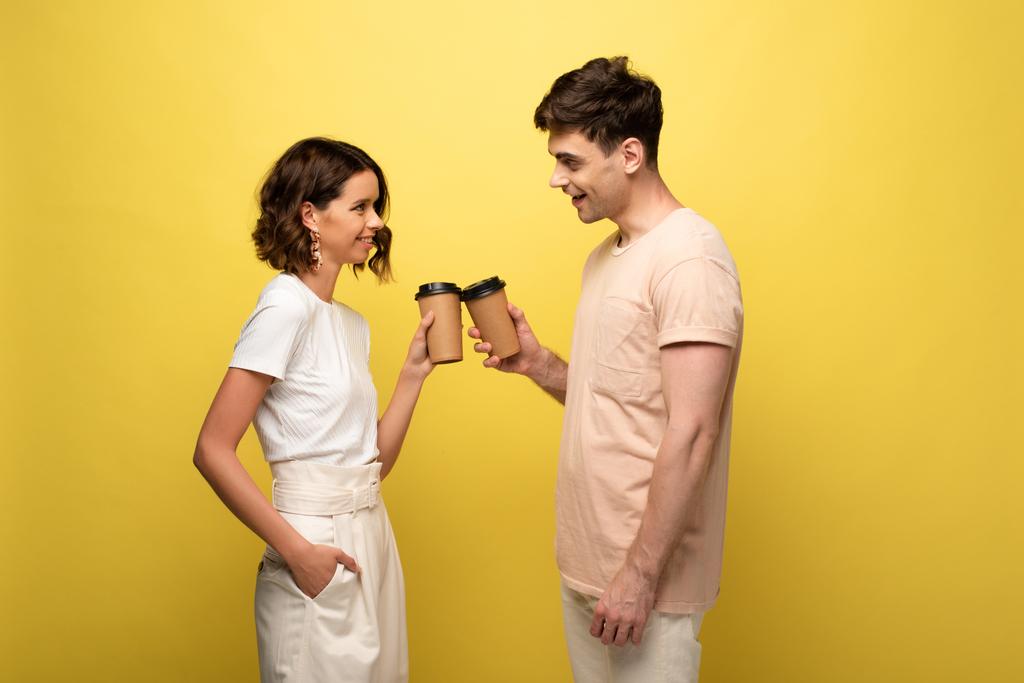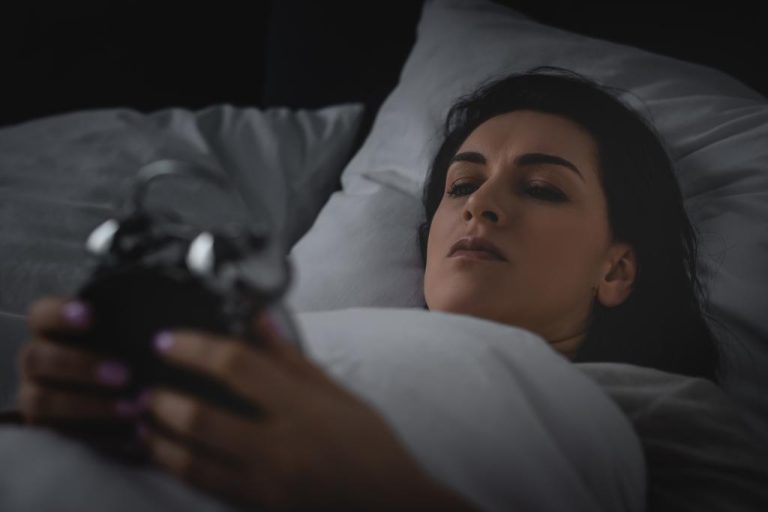Coffee is the classic pick-me-up. No wonder many experts advise against drinking coffee in the evening. But does this recommendation really make sense?
Does coffee cause sleepless nights?
For many people, a cup of coffee in the morning is a perfect way to start the day. No wonder, after all, a freshly brewed coffee simply tastes delicious and is also considered a practical pick-me-up. Many connoisseurs also like to drink coffee in the afternoon to overcome the midday slump or as a supplement to cakes and biscuits. However, many people refuse coffee in the evening, because everyone knows the warning that you cannot sleep well after a coffee.
Some coffee drinkers have experienced themselves that after drinking coffee they were practically insomniac and lay awake for a long time. Nevertheless, there are always people who can sleep well after a coffee and do not feel any effect. So why is it that coffee has such different effects? And is the myth that coffee makes you sleepless in the evening really true?
Caffeine – the pick-me-up in coffee
Caffeine is part of the coffee bean. Depending on the type of coffee bean, the coffee contains more or less caffeine. For example, the two most popular coffee beans, Arabica and Robusta, differ significantly in their caffeine content. While the Arabica bean, with a caffeine content of 1.1 to 1.7%, is considered gentle on the heart, the Robusta is a real pick-me-up. Here the caffeine content is between 2 and 4.5%. Extracted caffeine is a white powder that tastes bitter but is completely odorless. Thus, the caffeine content, along with numerous other aromas, contributes to the typical taste of the coffee.
Why the coffee bean contains caffeine is controversial. It is often assumed that it is a natural protection against eating, after all, a raw coffee bean tastes quite bitter. Thus, animals or insects avoid the coffee bean. Chemically, caffeine is an alkaloid, i.e. an organic compound. Caffeine affects both the human and the animal organism. Due to the stimulating effect, the pick-me-up belongs to the group of stimulants. Caffeine is not only found in coffee, it is also found in smaller doses in cocoa, tea and guarana. Energy drinks and cola also rely on the stimulating caffeine. However, coffee is still the classic pick-me-up.
Caffeine acts as a stimulant
Caffeine has a noticeable effect on the body. We ourselves usually notice it from a faster heart rate and increased blood pressure. The blood vessels in the body dilate, but in the brain they constrict. The central nervous system and the entire metabolism are also stimulated by the stimulant caffeine. As a result, we are more awake, active and focused. Since everyone has an individual caffeine tolerance, an overdose can quickly occur. Then the body reacts with headaches or nervousness and the positive effects turn negative.
The rumor still persists that strong, bitter coffee has a higher caffeine content than a mild beverage. However, this is not the case as the method of preparation does not affect the caffeine content. Only the caffeine contained in the coffee powder influences the stimulant factor of the coffee. Since different coffee specialties are prepared with a different amount of powder, this is the reason for the different caffeine content.
A coffee in the evening?
Coffee is indeed a stimulant. This effect only sets in after half an hour, because then the caffeine has arrived in the bloodstream. It takes the body about five hours for the body to break down half of the caffeine. So it’s no wonder that late coffee has an impact on the quality of sleep. In fact, the stimulant even influences the body’s biorhythm. The natural need for sleep is shifted backwards and can thus permanently disrupt the natural rhythm. If you want to prevent this effect, you should stop drinking coffee – or drink decaffeinated coffee – five hours before you want to fall asleep.
By the way, there are people who can sleep perfectly even after drinking coffee. It has not yet been researched why these people react little or not at all to the caffeine. So, try the effect caffeine has on your body.

